Healthy is sexy
It’s a pretty well established standard across time and place that human beauty is underpinned by symmetry, clarity, and proportion. However, beyond that, the standards vary wildly from culture to culture. And culture is dependent upon both place and time. For example: The culture of Charlotte in 1819 is very different from Charlotte in 2019. Just as the culture of Charlotte in 2019 is very different from Tokyo in 2019.
Symmetry
This refers to the face and body appearing visually balanced and identical on both sides. Consider Halle Berry. She’s consistently ranked as one of the most beautiful women in the world. When her face was analyzed by a computer, it found she has one of the most perfectly symmetrical faces on the planet. This isn’t a coincidence. Symmetry is a marker of health and “good genetics.”
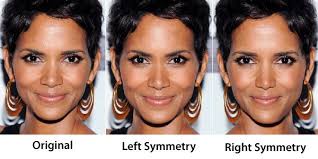
Clarity
Whether you know it intellectually or not (you will now), your skin is your largest organ. It’s an excellent barometer of wellness. You probably look at and consider skin in all sorts of ways without recognizing you’re doing it. But skin is enormously important in how we see people (no, this isn’t going to be one of those articles). If the skin is taught, free of sores and blemishes, and healthy, it implies the insides must be good, too. So then, is beauty only skin deep? Perhaps. But we evolved to see clear skin as another marker of health and “good genetics.”
Proportion
Not only the placement of a person’s features, but also their interrelated size ratios are universally important as well. When you look at a person you find beautiful, possibly what you are assessing in your head is how harmonious all their features are. If you find yourself not sexually attracted to someone, give some consideration to whether you thought, “Their <insert feature> it too big/small/wide/narrow/high/low.” Irregular features can be manifestations of a wide variety of potential health problems or physical weaknesses and limitations. If you find yourself making assessments like that, you are using proportion to judge someone’s health and “good genetics.”
Privilege and Beauty
Just this morning a client asked me when Rubenesque women were going to come back into fashion. We got a good chuckle out of that, but then something hit me. Most people know that fleshy, voluptuous, and pasty bodies were all the rage for centuries. But now people (or at least fashion magazines) prefer tanned and toned. That is a diametrically opposed aesthetic. What gives?
I don’t have any studies backing this assertion, but hear me out: I feel that beauty (beyond the basic pillars) is a function of privilege. Before the Industrial Era, the world was predominantly an agricultural economy. People had to work with their hands, performing hard labor. So yes, most people also recognize that back then it was a mark of wealth to be well fed and pale, because it meant you didn’t have to do heavy work in the sun.
Alright, why the flip then? I propose that when people moved into the cities to find jobs away from the farms, that the poor started doing more sedentary work cramped inside. That has progressed more and more until we arrive at the current day where the overwhelming majority do not perform heavy manual labor in the sun.
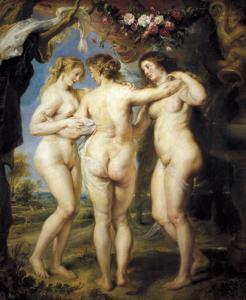
So then, if it was once that only the wealthy had the luxury of sitting around eating excessively in the shade, is it not true today that it is the wealthy who have the luxury to lay around in the sun after working out? Taking the time and energy to build muscles they don’t actually need to use for anything purposeful? Why would you ever need to bench press 300 pounds? You’re not on the farm anymore, so why do you need to be able to press a barn door up onto its hinges? How does it benefit you to be able to squat the equivalent of a 4-month-old calf across your shoulders? It’s a form of excess that declares you can afford the resources to look the way you do.
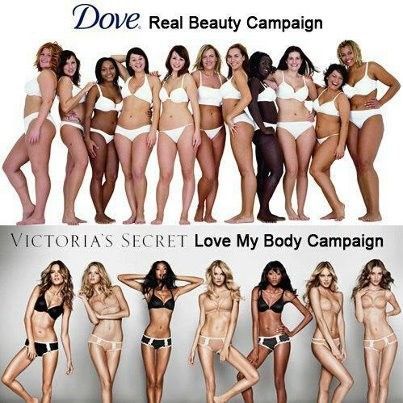
Think about it: Gym memberships, personal trainers, supplements, and organic foods are all quite expensive. Sunlight is cheap to a certain extent, but if you want to chase summer you have to be able to afford the travel, accommodations, and food in exotic places. It’s not enough to have brown skin, because it’s an even tan that people value, not a farmer’s tan (Ooops! Even more shade thrown at the poor farmers – shade they don’t get to relax in.)
Let’s look again at light versus dark skin as it pertains to beauty (I lied: It’s going to be one of those articles.). In the history of the United States, who is it that had no rights and was forced to work the fields? Slaves and poor white trash. Who got to sit on the porch sipping mint juleps? You get my point: Beyond symmetry, clarity, and proportion, perceptions of beauty also skew toward whatever markers indicate privileged wealth.
Is there no natural beauty, then? Yes, of course there is. That isn’t what I meant at all. What I’m getting at is that as subjective, malleable, and evolving as beauty is, it still ultimately conveys a very specific message: I’m healthy, and I have “good genes.”
“What’s more, I have the stability and resources to devote time to maintaining beauty, and I can share that with a good partner. Together we can build something safe and productive. I have options, and I’m choosing you.”
I’m putting this into a health and wellness context, because it’s important to understand what motivates you. I frequently tell clients to get healthy first, and that the sexy will flow from there. The standard you admire: Is it healthy? Does it manifest wellness? If not, then perhaps it’s not beauty after all.
Recent Posts
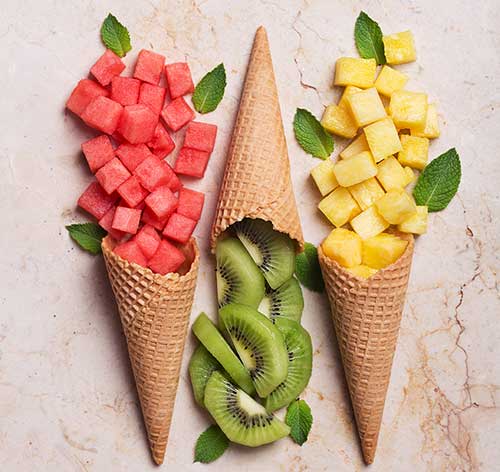
Glycemic Index vs Glycemic Load
This score indicates how damaging a food will be to your blood sugar levels. Foods that score 0-55 are rated low impact (and thus presumed to be better for diabetics and those looking to maintain healthy weight and/or body fat ratios), but this is not the whole picture.
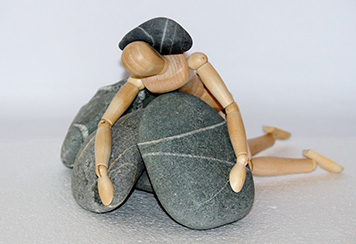
Caffeine: 14 better options to ease SAD
Nearly a year ago to the dot, I wrote an article about Seasonal Affective Disorder (SAD), but there I focused on the importance of getting access to a full range spectrum of light. Here I’d like to focus on caffeine and sleep’s effect on SAD. I’ll also offer suggestions for what to do to help you feel better on the dark days.

Avoid fish oil supplements
I don’t generally promote supplements. Most of them play to specific, isolated points of medical research to serve as a magic pill. One remarkable example of this is fish oil.
